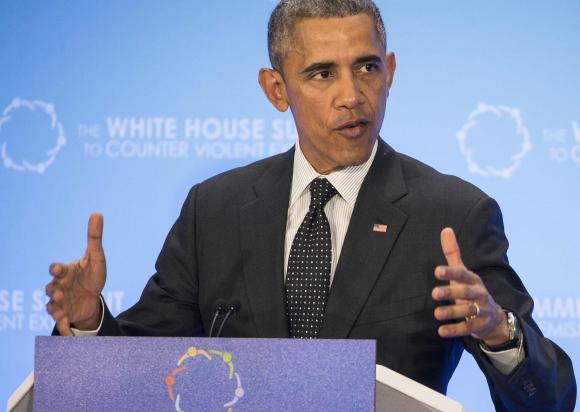
Brokerdealers beware, the voice of a supporter could give the Department of Labor’s best interest standard of care push it needs to win others over. As the debate continues over a best interest standard of care, many are struggling to accept the idea but now the voice of John Thiel’s supporting the Department of Labor’s push for best interest standard of care could be the tipping point for opponents. This brokerdealer.com blog update of InvestmentNews’ Mason Braswell’s article, “Merrill seeks to be leader on fiduciary” with excerpt below.
Bank of America Merrill Lynch executive John Thiel’s move last week to call for a “best interest” standard of care and for working with the Labor Department marks a turning point in the debate over a fiduciary standard, industry observers and proponents of a uniform standard said.
Rather than treating it as a “force to be reckoned with,” Merrill Lynch has turned the fiduciary standard into a competitive advantage, said Blaine Aikin, chief executive of fi360, a fiduciary consulting firm. Betting on a controversial proposal from the Labor Department also gives more credibility to the wirehouse’s push for goals-based wealth management and puts pressure on other major brokerage firms to speak up, Mr. Aikin and others said.
“They’re saying, ‘We’re not afraid of that [best-interest standard]. That’s how we think the business should be run, and we’re not afraid,’” said Barbara Roper, director of investor protection at the Consumer Federation of America.
In voicing his support of that standard, Mr. Thiel broke ranks from top executives at other wirehouses. Indeed, those executives have all said they support a best-interest standard in theory, but have refrained from going so far as to support the DOL proposal.
The Securities Industry and Financial Markets Association has said the DOL’s proposal would limit the industry’s ability to serve mass-affluent clients because it would hamper their ability to receive commissions. It has offered support for the SEC coming up with a rule, as long as it can preserve certain elements of the brokerage business model.
That stance against the DOL, however, has drawn criticism and painted Wall Street as being opposed to investor interests. A New York Times story from June last year was titled “Brokers Fight Rule to Favor Best Interests of Customers”. The issue gained more attention when President Barack Obama said that conflicted advice was costing Americans billions.
Merrill Lynch’s move shows that the wirehouses may have more to gain, particularly from a marketing perspective, by supporting the issue, according to Mr. Aikin.
“It’s a smart approach to take,” he said. “I do think it puts pressure on [other firms].”
The move also made sense for Merrill Lynch from a business standpoint, Mr. Aikin said. The four wirehouses have all been trying to bill their advisers as sitting on the same side of the table as clients as they push more fee-based relationships or managed accounts where advisers are already required to act as fiduciaries, he said.
“It’s a natural place to go, and we see that change taking place,” Mr. Aikin explained. “And then technology is just making things much more transparent, so it’s very difficult to have nontransparent types of communication or conflict forms of compensation that exist in the products.”
To continue reading the article from InvestmentNews, click here.



